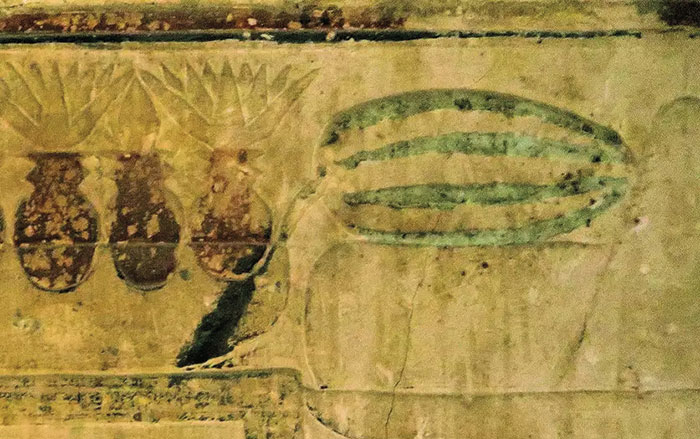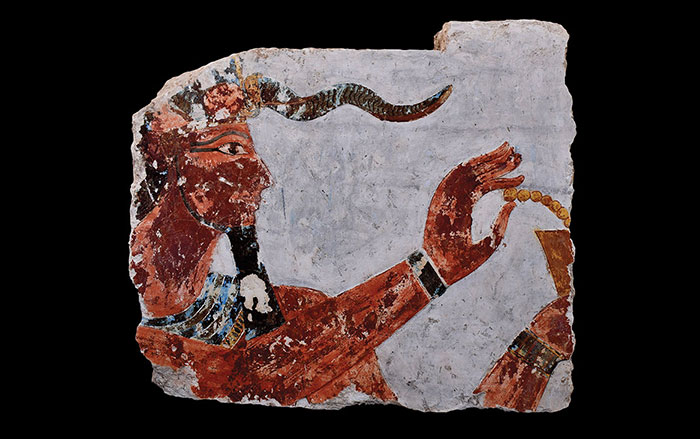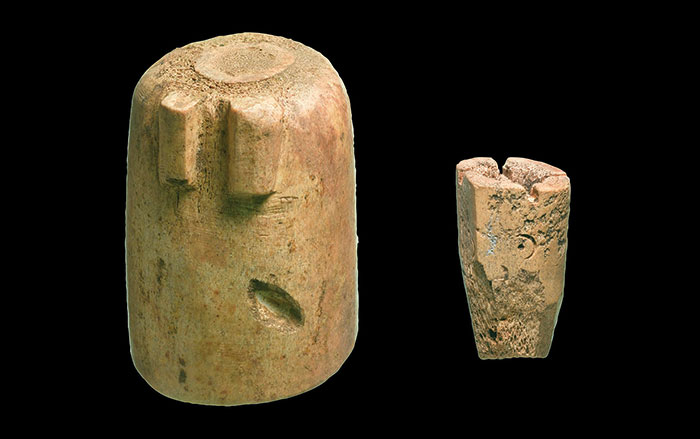
CAMBRIDGE, ENGLAND—Luca Pagani of the Wellcome Trust Sanger Institute and the University of Cambridge led a team of scientists who produced whole-genome sequences from 225 Egyptians and Ethiopians. They found that regions of the Egyptian samples were more similar to non-African samples, and were present in higher frequencies outside of Africa, than regions of the Ethiopian genome. This suggests that when early humans left Africa some 60,000 years ago, they traveled through Egypt to the rest of the world. The results also indicate that people outside Africa split from the Egyptian genomes about 10,000 years more recently than from the Ethiopian genomes. “While our results do not address controversies about the timing and possible complexities of the expansion out of Africa, they paint a clear picture in which the main migration out of Africa followed a Northern, rather than a Southern route,” Toomas Kivisild of the University of Cambridge said in a press release on Phys.org. To read about a competing hypothesis, that early modern humans migrated around 125,000 years ago through the Arabian Peninsula, go to "New Evidence for Mankind's Earliest Migrations."










